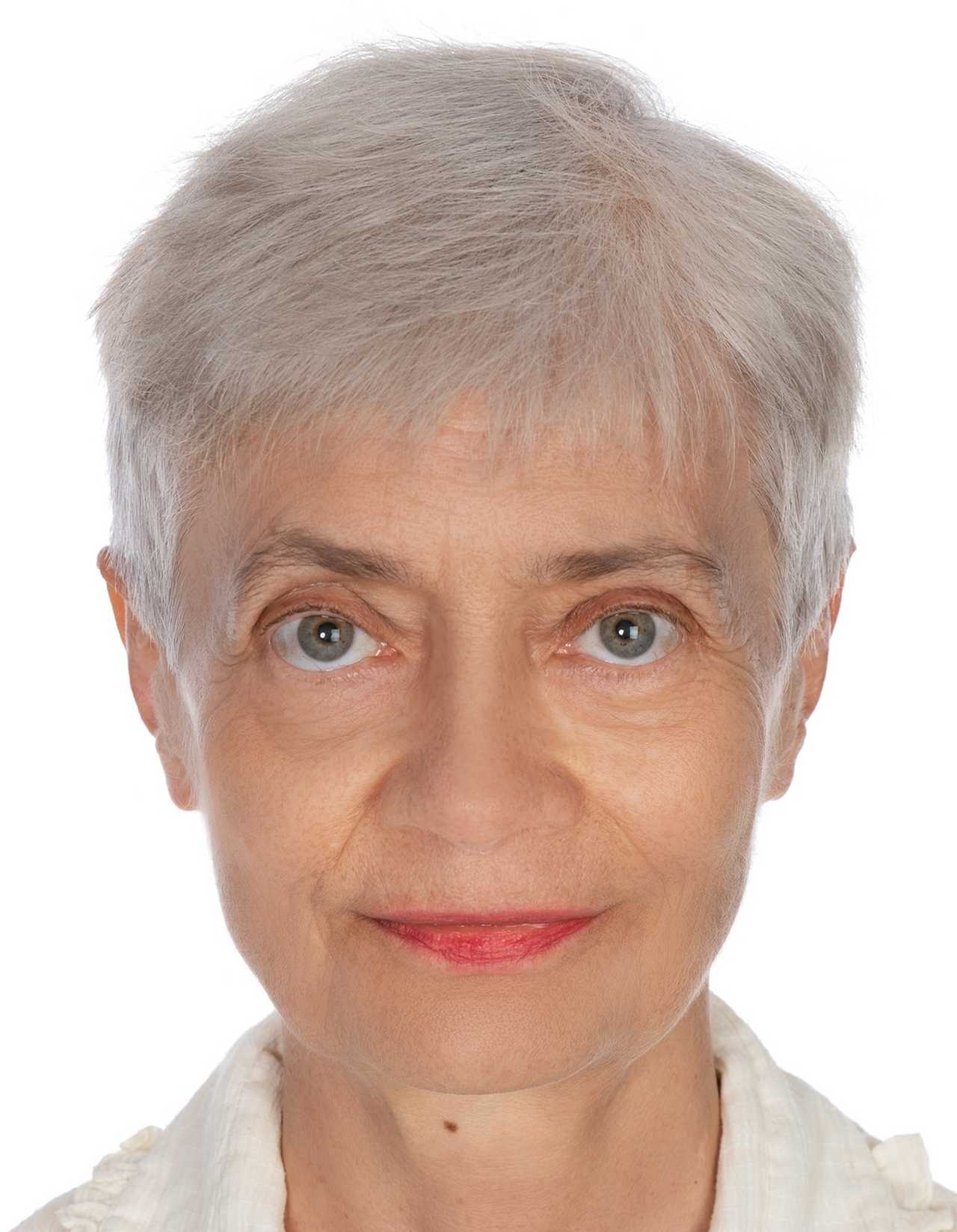War: A View from Poland

War – sudden, cruel, brutal. In besieged cities people are dying from lack of food and water. Hospitals, schools and humanitarian corridors are being shelled. Civilians serve as human shields. Groups of people, including children, have been abducted deep into enemy territory.
Heroism and sacrifice of some, meanness and perfidy of others, indifference of yet others. Our disbelief, indignation, fear... We can feel unexpectedly stripped of our habitual mental supports. How can we find ourselves in this situation?
Some of us may be tremendously disturbed and lose stability (especially those living closer to the war zone). Others may distance themselves from the bad news and try to protect themselves from uncomfortable feelings (especially those living further away). What protects us from both attitudes is Silent Illumination – understood in a broad sense, used not only on the mat but also in the midst of life’s affairs. Silence and illumination are also present in other types of practices under different names, e.g. stillness and awareness. They can be a great help to us now.
Illumination means that we are aware of everything that is happening. We don’t repress or push anything to the periphery of consciousness. In a situation of war, we allow other people's pain and horror in, even though it generates our own pain and horror and perhaps throws us out of safe ruts. Silence means that we do not build unnecessary narratives around what we experience. Yes, emotions arise: horror, sadness, compassion, anger, helplessness, terror, frustration, desperation, maybe a desire for mental escape, maybe an irrational sense of guilt because we ourselves feel free from danger. Feelings are inevitable, but they do not need to be intensified or preserved with a flood of thoughts and confusion. Let them run their own course, let their energy burn itself out or be usefully spent.
These two elements of practice can help us develop the readiness to open up to the situation and, without escalating confusion, respond to it as we can. And what can we do? Reality sets us different tasks, depending on the circumstances of our lives. Different people may feel predisposed to different forms of assistance and to provide it in different ways. Let us be careful not to burn out too quickly. In general, we can show financial assistance to refugees. We can refrain from purchasing goods from the aggressor country and from companies still cooperating with it. We can support an independent media that directs its message to the citizens of the authoritarian state, where a huge part of the population depends only on lying propaganda. We can sign useful petitions. We can shape public opinion and influence governments in our countries. The latter is important in the long run, especially in Western Europe. There is a danger that the aggressor regime will make superficial changes, declare itself trustworthy, and some liberal democracies will once again be deceived. Let us not allow this to happen.
May we be guided by compassion and openness to the needs of others. May we not hate the perpetrators of suffering. May we understand that they, like us, are also results of their own conditionings. May we remain sensitive, calm, and stable. Action based on concern for others, rather than a boastful belief that the world should conform to our concepts, affects countless levels of existence.
May there be an end to the suffering of the victims of war.
May all people of good will live in peace.
And people of ill will, too.
P.S. Humour sometimes helps in difficult situations. Do you know what the title of the most famous novel by Leo Tolstoy is? Special Operation and Peace.
Anna writes from Warsaw.
- Publication date:
- Modified date:
- Categories: 2022 Other Articles Anna Jedynak
-
 Western Chan Fellowship CIO
Western Chan Fellowship CIO - Link to this page
©Western Chan Fellowship CIO 1997-2026. May not be quoted for commercial purposes. Anyone wishing to quote for non-commercial purposes may seek permission from the WCF Secretary.
The articles on this website have been submitted by various authors. The views expressed do not necessarily represent the views of the Western Chan Fellowship.
Permalink: https://w-c-f.org/Q372-563
